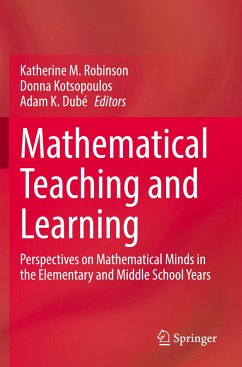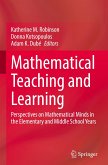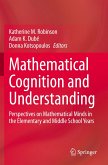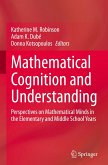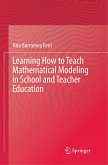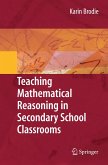This book focusses on teaching and learning in elementary and middle school mathematics and suggests practices for teachers to help children be successful mathematical thinkers. Contributions from diverse theoretical and disciplinary perspectives are explored. Topics include the roles of technology, language, and classroom discussion in mathematics learning, the use of creativity, visuals, and teachers' physical gestures to enhance problem solving, inclusive educational activities to promote children's mathematics understanding, how learning in the home can enhance children's mathematical skills, the application of mathematics learning theories in designing effective teaching tools, and a discussion of how students, teachers, teacher educators, and school boards differentially approach elementary and middle school mathematics.
This book and its companion, Mathematical Cognition and Understanding, take an interdisciplinary perspective to mathematical learning and development in the elementary and middle school years. The authors and perspectives in this book draw from education, neuroscience, developmental psychology, and cognitive psychology. The book will be relevant to scholars/educators in the field of mathematics education and also those in childhood development and cognition. Each chapter also includes practical tips and implications for parents as well as for educators and researchers.
This book and its companion, Mathematical Cognition and Understanding, take an interdisciplinary perspective to mathematical learning and development in the elementary and middle school years. The authors and perspectives in this book draw from education, neuroscience, developmental psychology, and cognitive psychology. The book will be relevant to scholars/educators in the field of mathematics education and also those in childhood development and cognition. Each chapter also includes practical tips and implications for parents as well as for educators and researchers.

